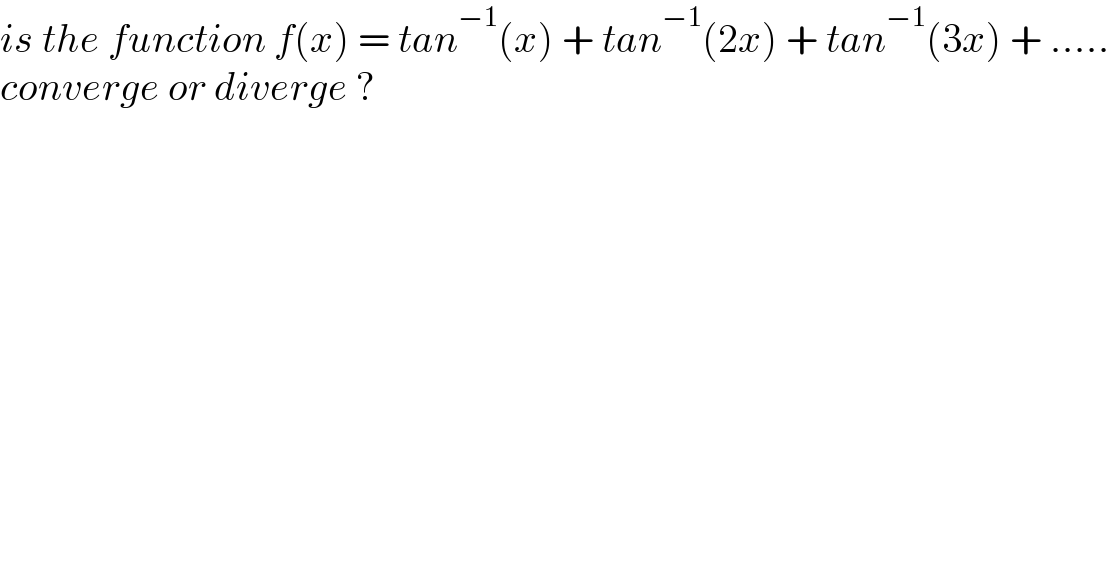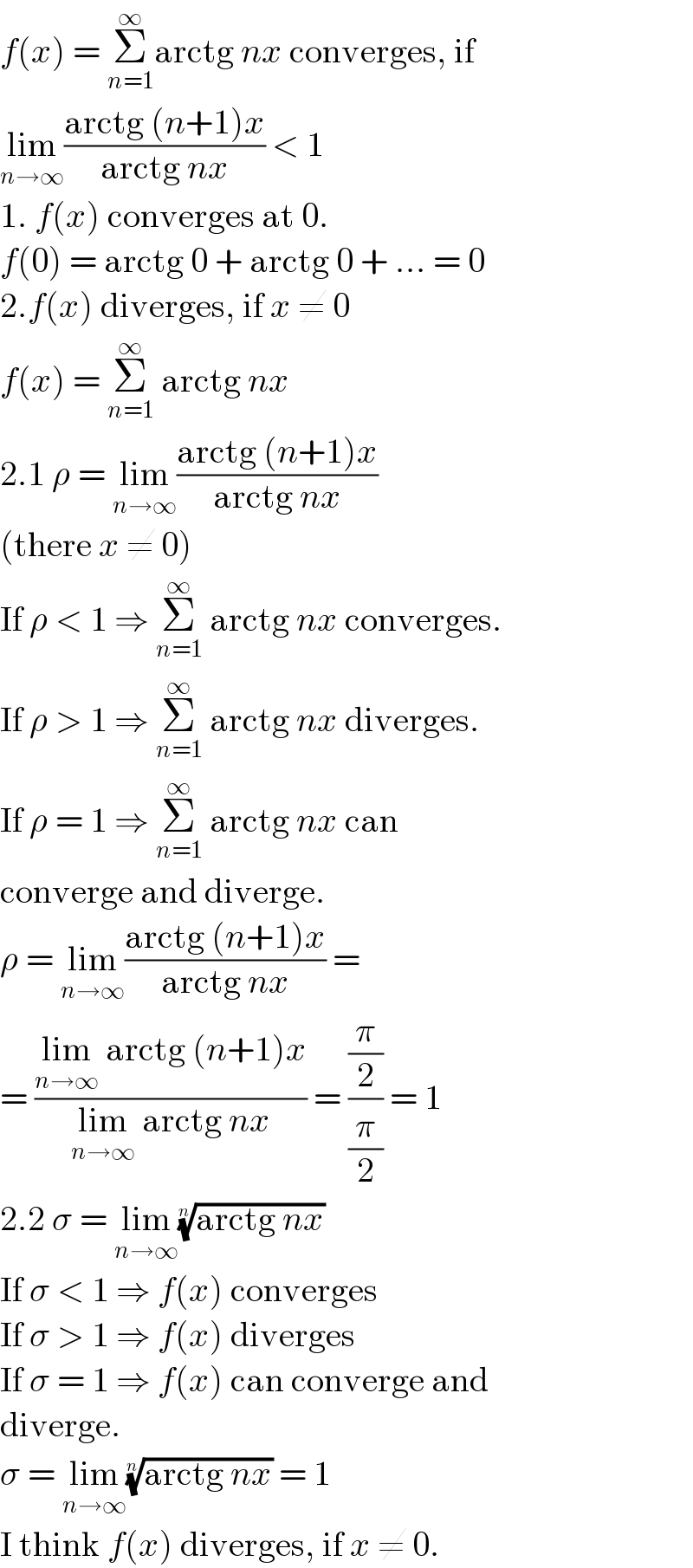
Question and Answers Forum
Question Number 166511 by mkam last updated on 21/Feb/22

Answered by alephzero last updated on 21/Feb/22

| ||
Question and Answers Forum | ||
Question Number 166511 by mkam last updated on 21/Feb/22 | ||
 | ||
Answered by alephzero last updated on 21/Feb/22 | ||
 | ||
| ||